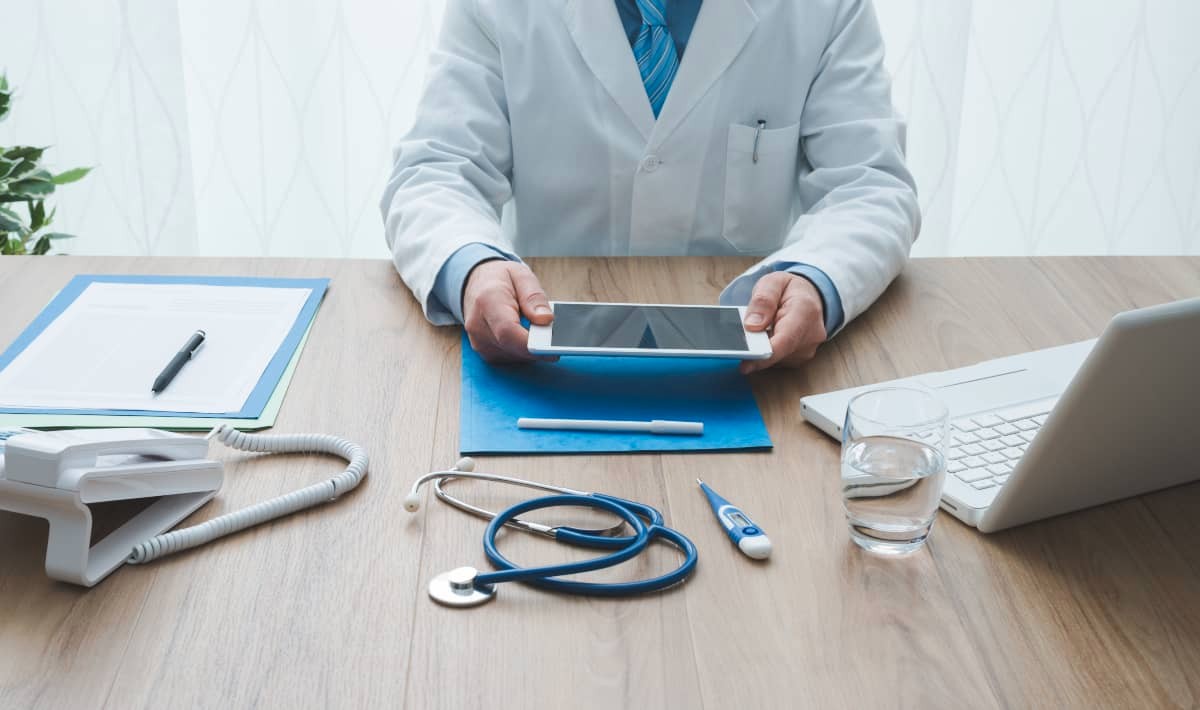The examination done to check the insides of the colon or the large intestine is called colonoscopy. A Colonoscopy is done to diagnose gastrointestinal conditions including colon cancer and inflammatory bowel disease. The procedure can also be done to help prevent and treat cancer of the colon.
To screen for colorectal cancer, healthcare providers are recommending routine colonoscopies for older and middle-aged adults. Aside from the large intestine, colonoscopy is also done to examine the anus and the rectum. The procedure will use a colonoscope, a flexible tube that has a lighted camera at the end.
Who Needs Colonoscopy?
Colonoscopies can be diagnostic, therapeutic, or preventive. Healthcare providers may recommend colonoscopy for routine cancer screening. This is especially recommended for those who have a higher risk of developing the condition.
Since anyone can have colon cancer, screening is the best way to stay ahead of the condition. During the procedure, it is common for the gastroenterologist to also remove tissues that are suspicious for more testing.
Colonoscopy is typically recommended to screen for cancer. Statistically, the chances of colorectal cancer developing can go up as one gets older. As such, it is often recommended to get regular screening by the time you turn 50.
Unfortunately, some won’t have symptoms of colon cancer until it’s too late. That said, it would be best to schedule routine colonoscopy when your statistical risk is higher. It’s always best to play it safe than to take chances.
You are considered a good candidate for colonoscopy if:
- You are 50 years old and have not had one
- A tissue has been removed in your last colonoscopy
- You have a history of colon cancer in the family
- You have conditions that increase your risk like Lynch syndrome or familial adenomatous polyposis (FAP)
- You have an inflammatory bowel condition
Colonoscopy might also be recommended if a patient exhibits symptoms that require a closer investigation. Understandably, a colonoscopy is considered ideal since it provides a clearer view of the large intestine compared to other imaging tests that won’t go inside the body.
Colonoscopy can help doctors confirm some suspicions and figure out what are causing the symptoms. At times, a biopsy (taking a sample tissue) might be done to make a diagnosis. Some of the most common symptoms that will require colonoscopy include the following:
- Weight loss that is unexplained
- In children, lack of weight gain
- Unexplained rectal discharge or bleeding
- Bowel habit changes that are unexplained (i.e., incontinence, diarrhea, and constipation)
- Persistent and unexplained abdominal pain
Some of the medical conditions that colonoscopies can diagnose include:
- Crohn’s disease
- Ulcerative colitis
- Ischemic colitis
- Perforations and ulcers
- Diverticulitis
- Diverticulosis
- Large bowel obstructions
- Colorectal cancer
- Colorectal polyps
What to Tell Your Doctor Before the Procedure?
Prior to scheduling the procedure, you need to inform your doctor about any vitamins, medications, herbal remedies, and supplements you are taking. This is very important as some medications might increase the risk of some complications arising from the procedure.
Your doctor will give you advice on when you should stop taking those medications or supplements and how soon you should do it. For those who are taking medications that prevent blood clots, they might be advised to stop taking it prior to the procedure. Ensure you fully understand what the instructions are.
Is Colonoscopy Painful?
You won’t be able to feel any pain when you are sedated. However, it is possible that you will feel some pressure or gas pain when the device advances into the large intestine. This is because the device will blow carbon dioxide into the colon in order to inflate it. Inflating it is done to ensure better viewing.

